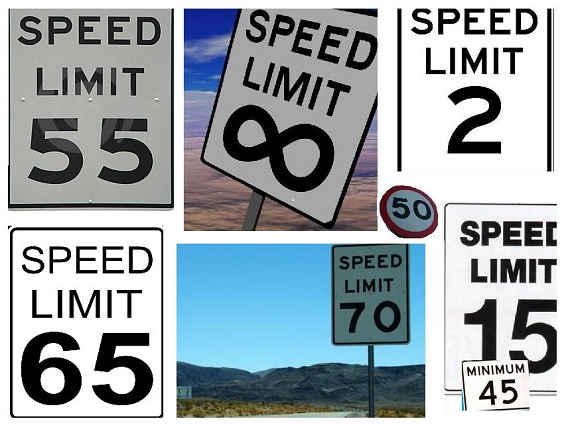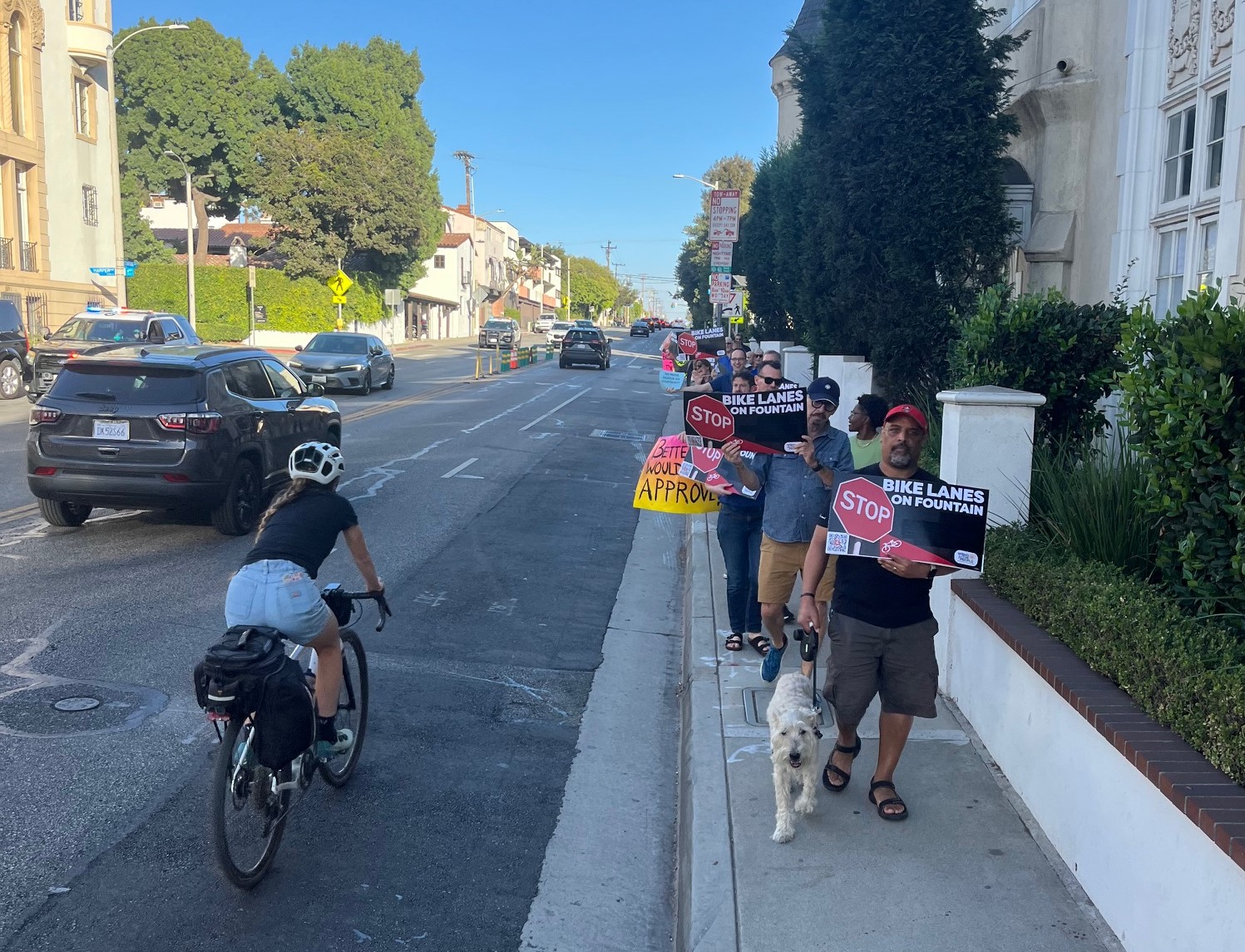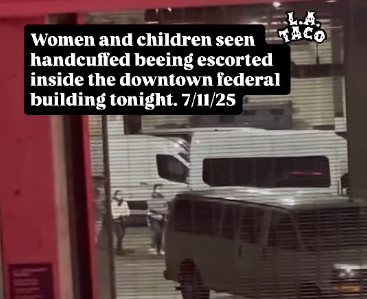
While most California cyclists are thrilled that the Senate and Assembly agree that car drivers should give cyclists a three foot berth when speeding past them, the legislative session in Sacramento was mostly positive, but still somewhat mixed. As the Senate and Assembly prepare to go into recess, here's where many important pieces of legislation that pertain to traffic safety, and livable and complete streets stand.
On the Governor's Desk
A.B. 529 - Assembly Bill 529 was introduced to bring California into compliance with federal standards by giving municipalities greater say on setting local speed limits. The legislation still requires municipalities to set speed limits based on the 85th percentile of drivers, but allows them to "round down" if conditions allow. In short, if the 85th percentile of drivers is clocked at 44 miles per hour, the city could set the speed limit at 40 m.p.h. in certain conditions. The bill wasn't opposed by any special interest groups and had unanimous support in both legislatures.
A.B. 650 - Assemblyman Bob Blumenfeld wrote a powerful op/ed for Streetsblog about the role that transit should spend in the state's future. The next step for California would be passing of his legislation, A.B. 650 which will create a panel to propose solutions to improve buses, light rail, and other public transit options throughout California. It was passed by both houses on the legislature, and the League of Conservation Voters has created an action alert to urge the governor to sign the legislation.
A.B. 147 - A.B. 147 is one of those pieces of legislation that few people understand but could have a huge impact. Basically, the Subdivision Map Act allows municipalities to charge developers fees to defray the cost of building thoroughfares bridges to serve their project. A.B. 147 would allow them to include fees for constructing bicycle, transit, pedestrian or traffic calming measures as well. That could be a lot of new funds for local projects.
S.B. 910 - We've covered the status of the "3 Foot Passing Law" earlier this week, but it still awaits the Governor's signature. Given his startling veto of S.B. 28 (see below), anything is possible.
Still Moving?
S.B. 791 - Senate President Darrell Steinberg's legislation that would allow local governments to raise the gas tax with the support of 50+1% of voters is stalled for now. This is perhaps the most important piece of legislation for transit advocates, but has become a partisan issue as "taxpayers associations" claim the legislation is the same thing as a tax hike.
A.B. 710 - A.B. 710 would drop minimum parking requirements for infill development in “transit intensive areas” down to one car per residential unit or per 1,000 square feet of retail space. Infill development is defined as any new project that is built on a currently unoccupied space. The legislation is popular with new urbanists and many transportation reformers, but affordable housing advocates are concerned it could undermine the parking exemptions developers can earn for building affordable housing units. Bizarrely, the League of Municipalities derailed the bill's passage in the Senate (it sailed through the Assembly) even though the legislation requires nothing from municipalities and gives them more flexibility. The bill needs one more vote to pass the Senate, but none is scheduled now.
Dead
S.B. 28 - Senate Bill 28 would have increased fines for scofflaw drivers caught using their cell phones will driving for first-time violations from $20 to $50 and for subsequent violations from $50 to $100 each. However, Governor Brown bowed to the unsafe drivers lobby and vetoed the legislation proclaiming that current fines are a sufficient deterrent. The fine for throwing a hamburger wrapper out of the window is $100. The fine for driving in a carpool lane illegally is $100. Neither of those illegal acts are tied to multiple car crashes every year. I mean, even AAA was on board with passing this increase into law.(H/T to the California Bike Coalition for providing the information on fines.)
A.B. 345 - It's actually good news that this legislation is stalled, at least for now. A.B. 345 would have mandated that Caltrans allow a seat at the table to non-motorized transportation users on the powerful California Traffic Control Devices Committee. Currently, there are two seats on the committee for citizens, and both are held by unsafe and speeding traffic advocacy groups AAA of Northern California and the Southern California Automobile Club. However, Catrans adopted the goals of A.B. 345 and made space for walking and bicycling advocates in response to A.B. 345's introduction. The legislation is considered inactive.






